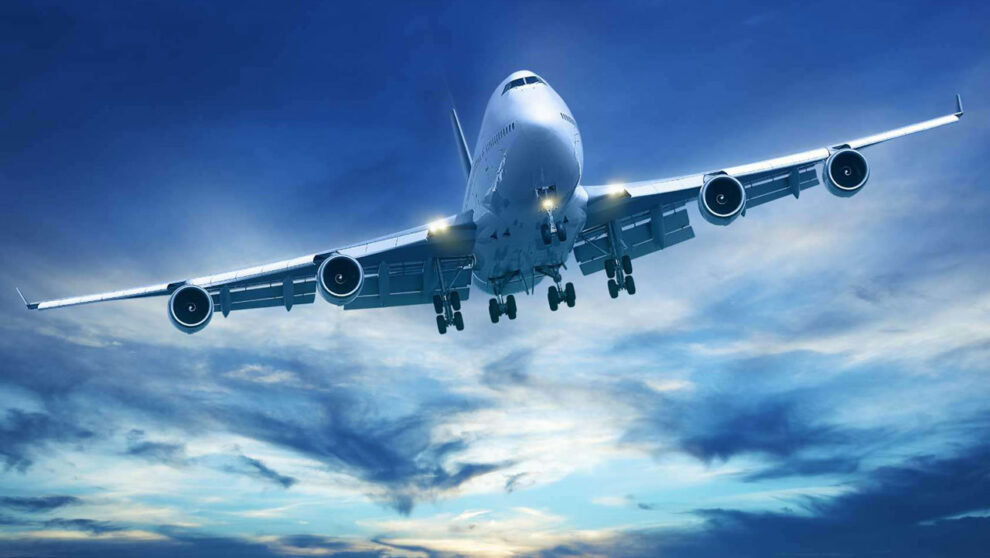Regional Vice President for Africa and the Middle East, Kamil Alawadhi disclosed this at the African Airlines Association 55th Annual General Assembly in Uganda.
Despite recent efforts by the Central Bank of Nigeria (CBN) to clear the forex backlog to commercial banks to ease pressure on the foreign exchange, Nigeria still accounts for $783 million of airlines’ blocked funds with only about 10 per cent cleared.
Alawadhi said the financial entanglement was devastating for connectivity and raises concerns about the sustainability of the aviation sector.
He said despite the challenges, the association was determined to deliver deliver value to its members in navigating the challenging landscape.
“Since 2018, a significant amount of blocked funds have been repatriated from Angola, Ethiopia, Ghana, Nigeria, and Zimbabwe through working with the respective governments. Currently, $1.68bn in airline funds remain blocked across the continent.
“As of September, $1.68bn of airline funds are blocked across Africa out of $2.36bn globally. The numbers are alarming and the impact of this on connectivity is devastating,” Alawadhi added.
He emphasised the importance of liberating blocked airline funds by advising governments on best practices to clear backlogs, pointing out that the repercussions of blocked funds extend beyond the airlines, adversely affecting the economies of the countries involved.
He listed the negative impacts to include reduced connectivity, diminished investor confidence, and damage to the country’s reputation.
Recognising aviation as a pivotal economic enabler, he urged the governments to prioritise sustainable solutions for clearing blocked funds.
“Africa’s aviation industry is still recovering from significant losses due to the pandemic. To make up for this shortfall, governments should avoid imposing higher fees, levies, carbon taxes, or new taxes on air transport, trade, or tourism.
“These measures would only make air travel more expensive and less accessible in Africa, where the average airfare is already 30 per cent higher than the industry average and the jet fuel cost is 10-20 per cent higher than the global average,” he added.
Source: 21stcenturychronicle















